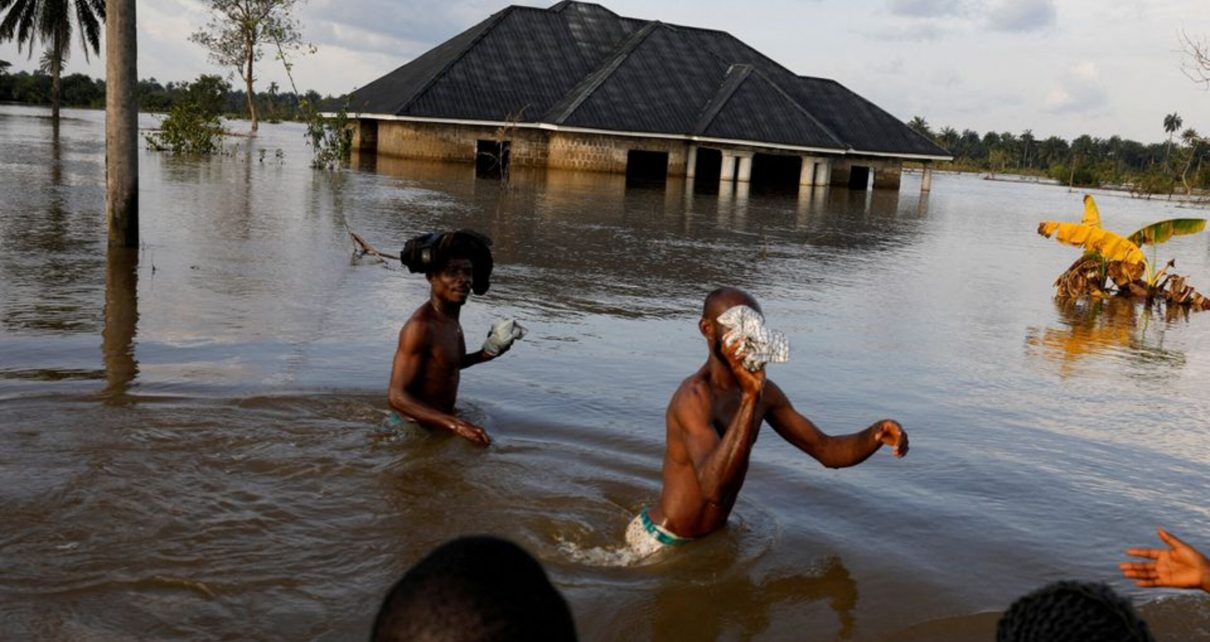Bill Gates said on Thursday that the Bill & Melinda Gates Foundation would give $7 billion to Africa over the next four years, with most of the money going to Nigeria.
He said that the Ukraine crisis was reducing the amount of aid going to the continent.
Projects addressing hunger, sickness, poverty, and gender inequality will be the focus of the Foundation’s promise, which is an increase of 40% above the amount spent over the previous four years.
Aid activities are being impacted by the spike in global goods prices brought on by Russia’s invasion and the funds being diverted from humanitarian organisations in Africa to Ukraine.
“The European budgets are deeply affected by the Ukraine war and so right now the trend for aid is not to go up,” the billionaire co-founder of Microsoft Corp told journalists at the University of Nairobi during a visit to Kenya.
“If you take all aid (into Africa) including all climate aid – we’ll have a few years where it’ll probably go down.”
The greatest drought in forty years is currently affecting most of East Africa, including Kenya.
More than 10 million people in the region are “on the brink of a hunger crisis,” according to the U.S.-based Christian relief organisation World Vision, which blames the COVID-19 pandemic, violence, and drought. According to the UN, famine will likely be declared in several regions of Somalia this year.
Wednesday, after a meeting with William Ruto, the president of Kenya, Gates announced that the Foundation would open a regional office in Nairobi.
“Our foundation will continue to support solutions in health, agriculture, and other critical areas—and the systems to get them out of the labs and to the people who need them,” Gates, who runs the foundation with his ex-wife Melinda French Gates, said in a statement.
The Foundation donated $6.7 billion to charity in 2021, and only last week it promised to donate $1.4 billion to help smallholder farmers throughout the world adapt to climate change.
Nigeria has only recently been inundated by flood which has affected most of the West and Central African regions.
Over 600 people were reported to have died and over 1.5 million people were displaced.
The climate crisis has mostly been blamed for the flood.


